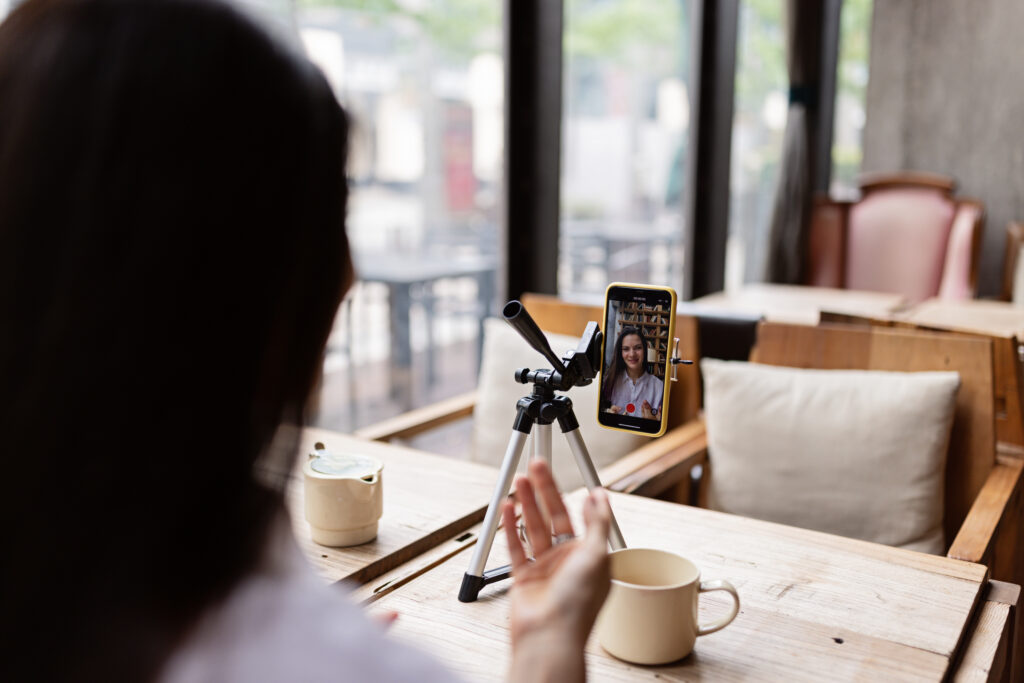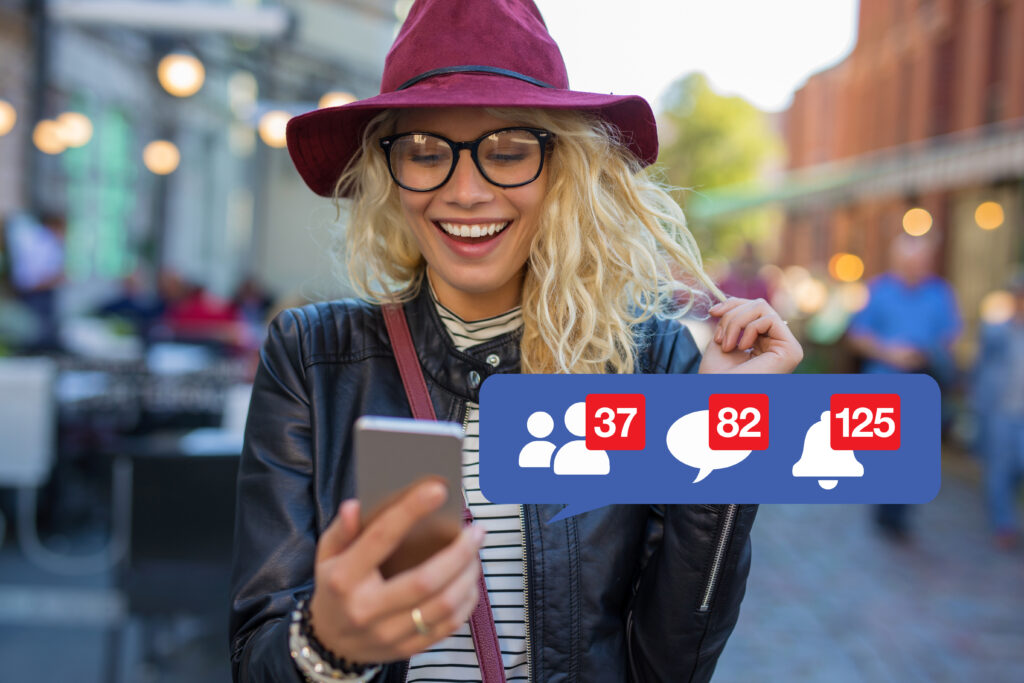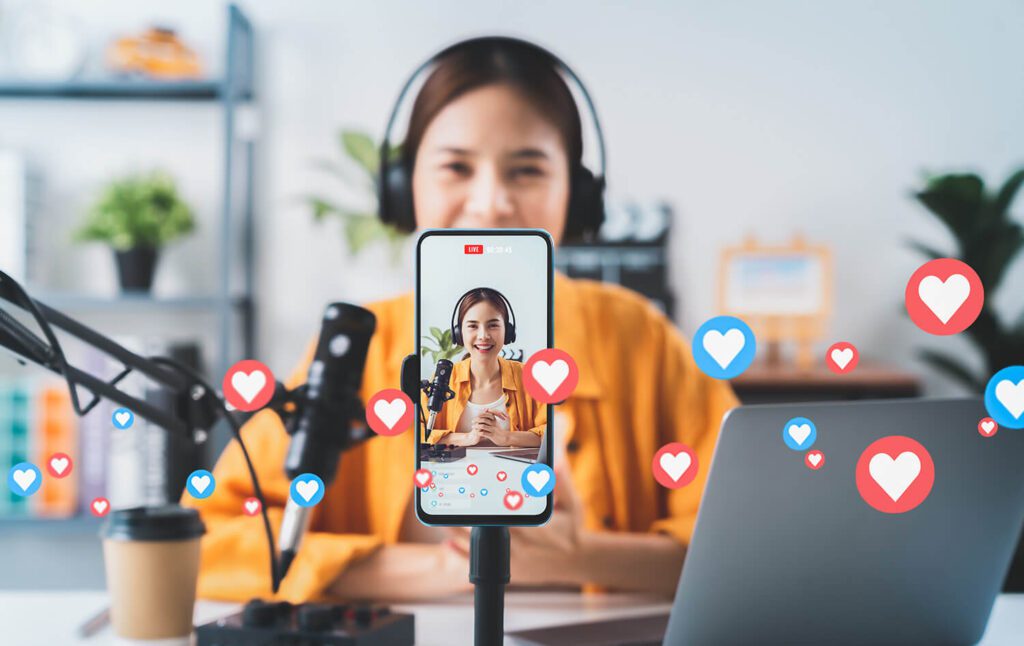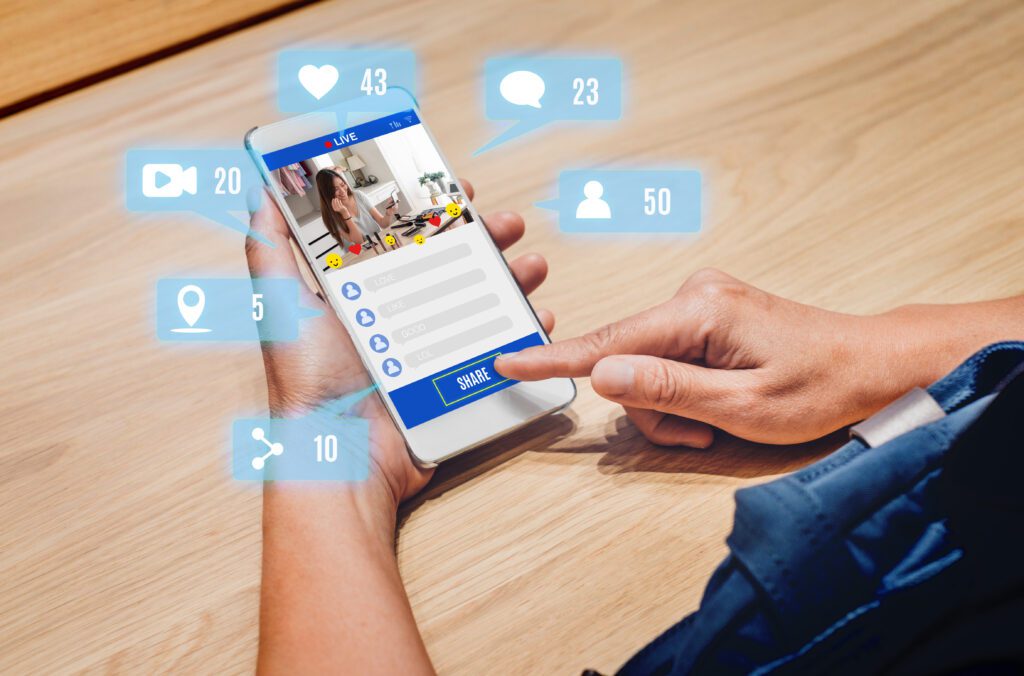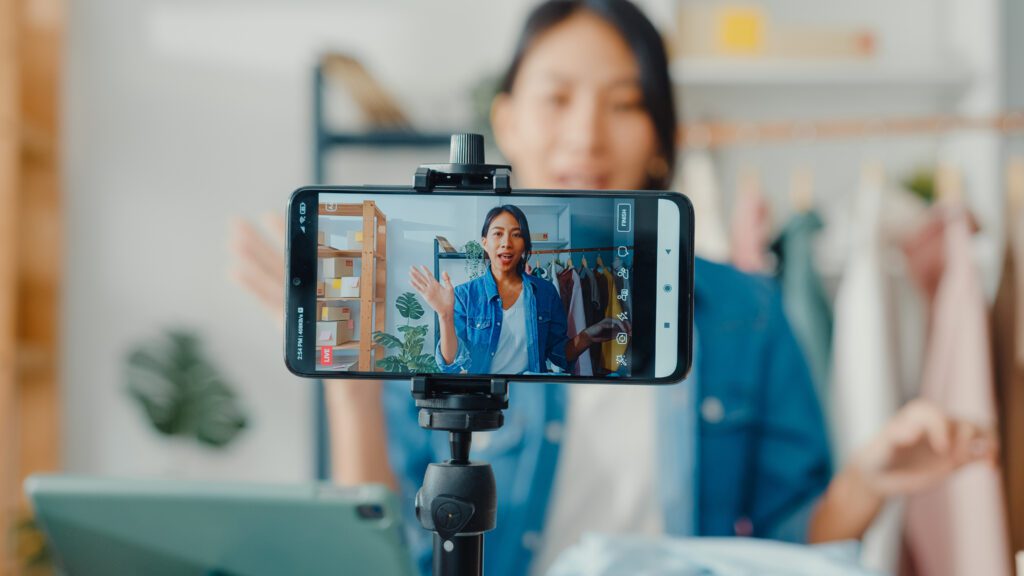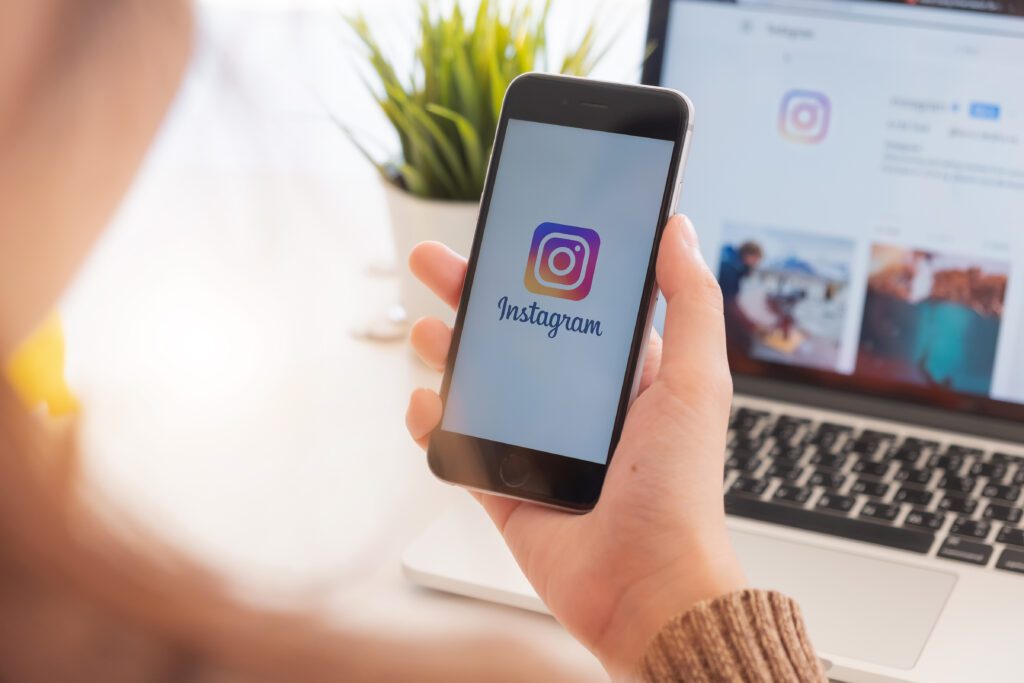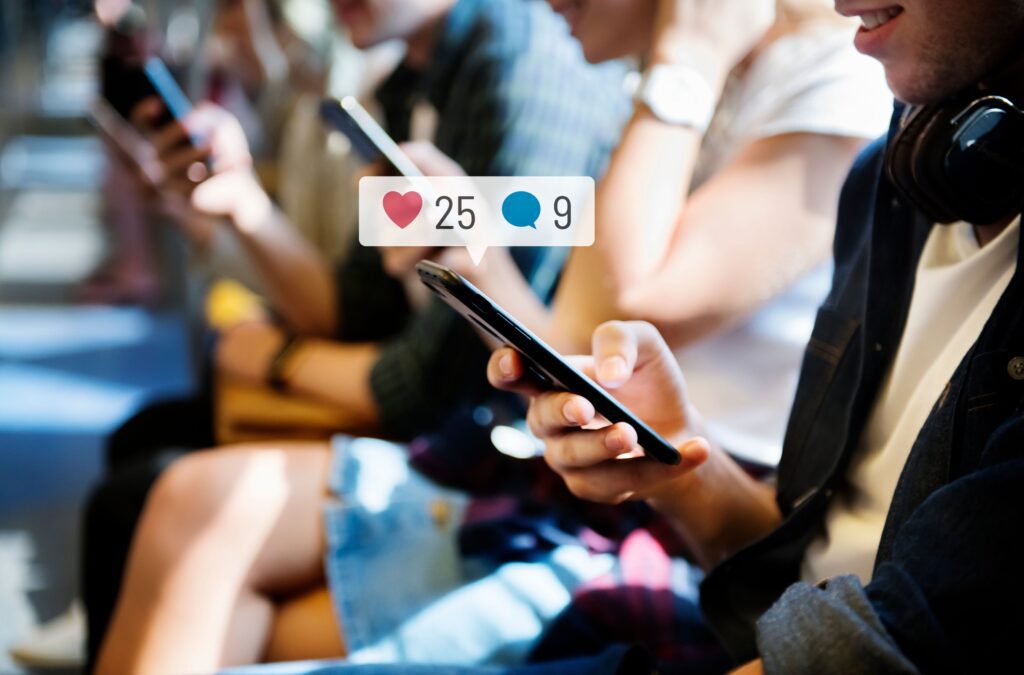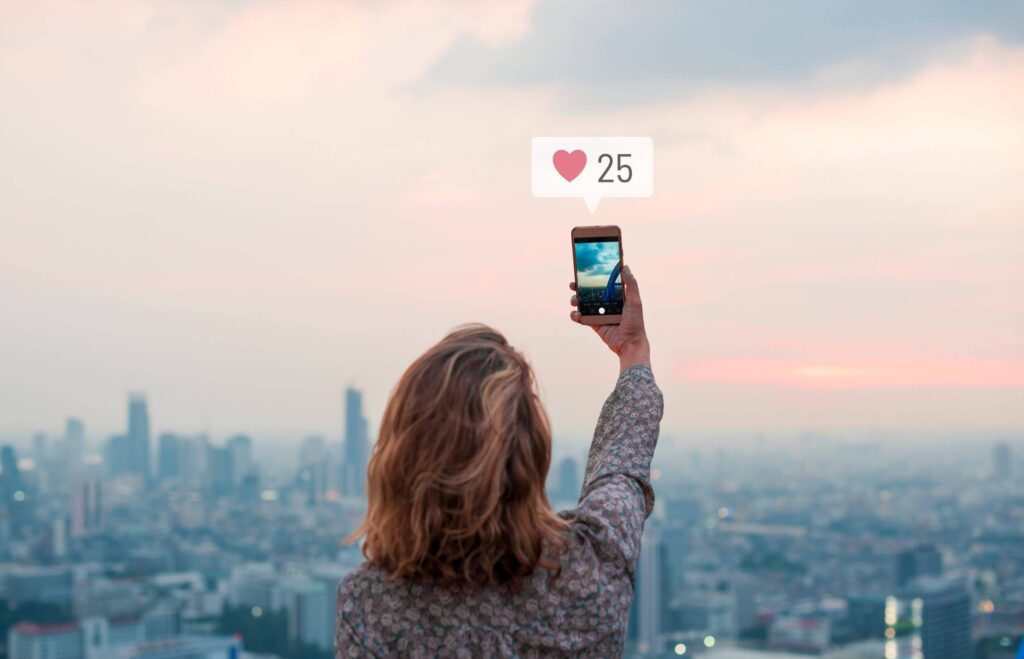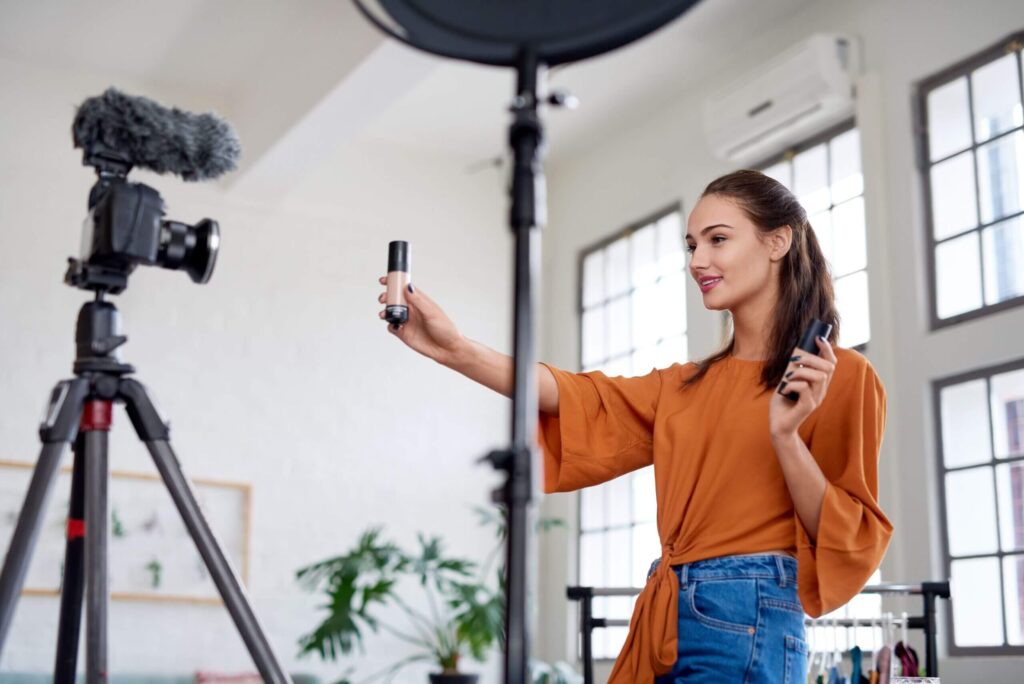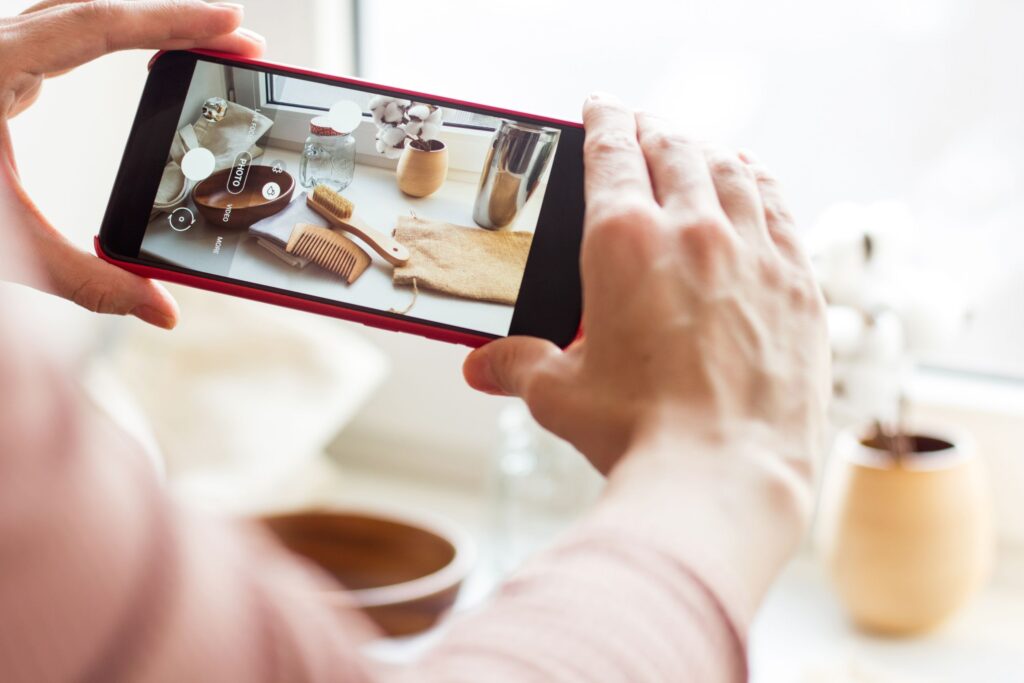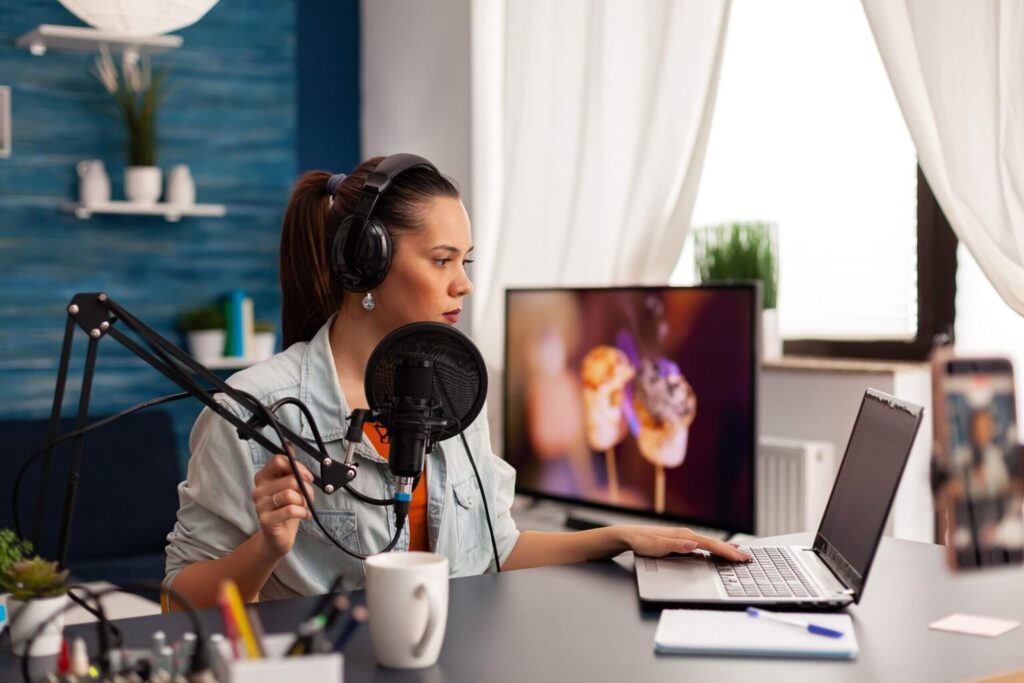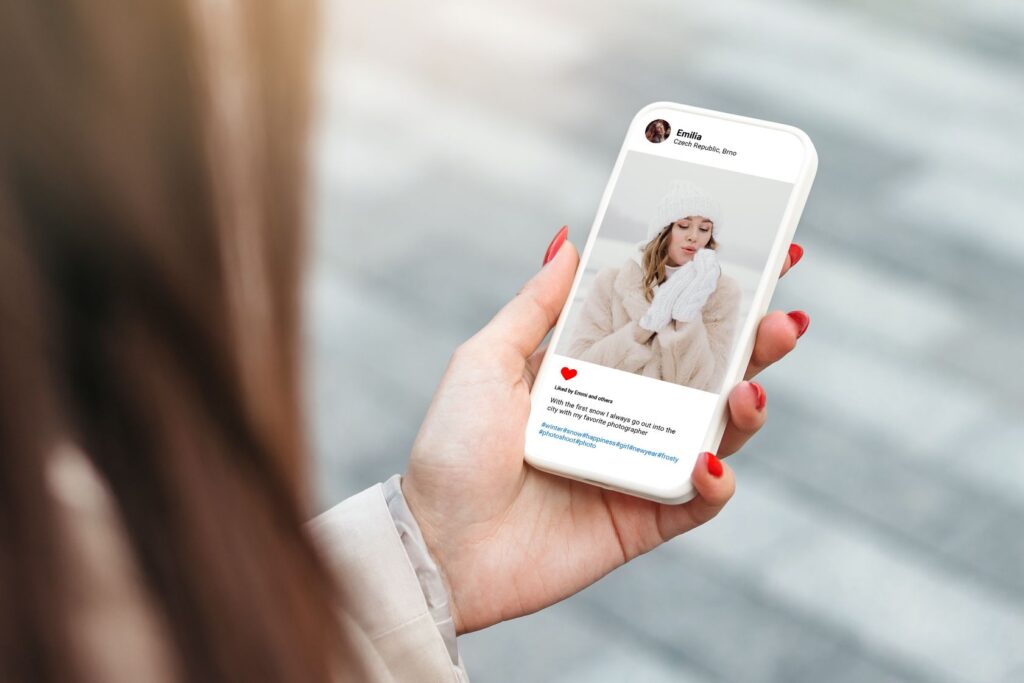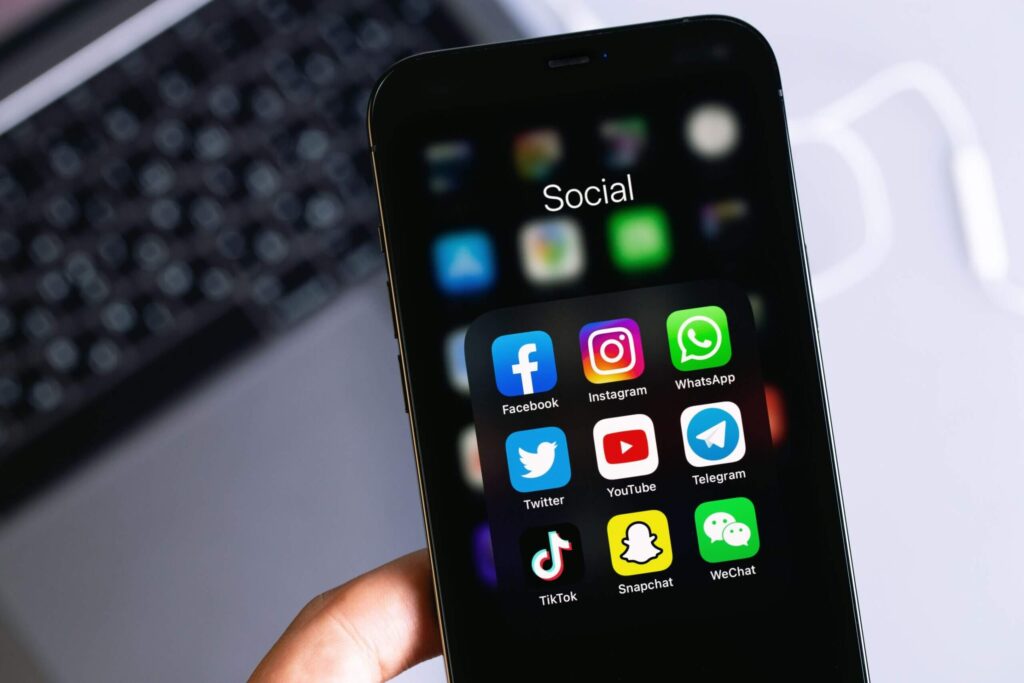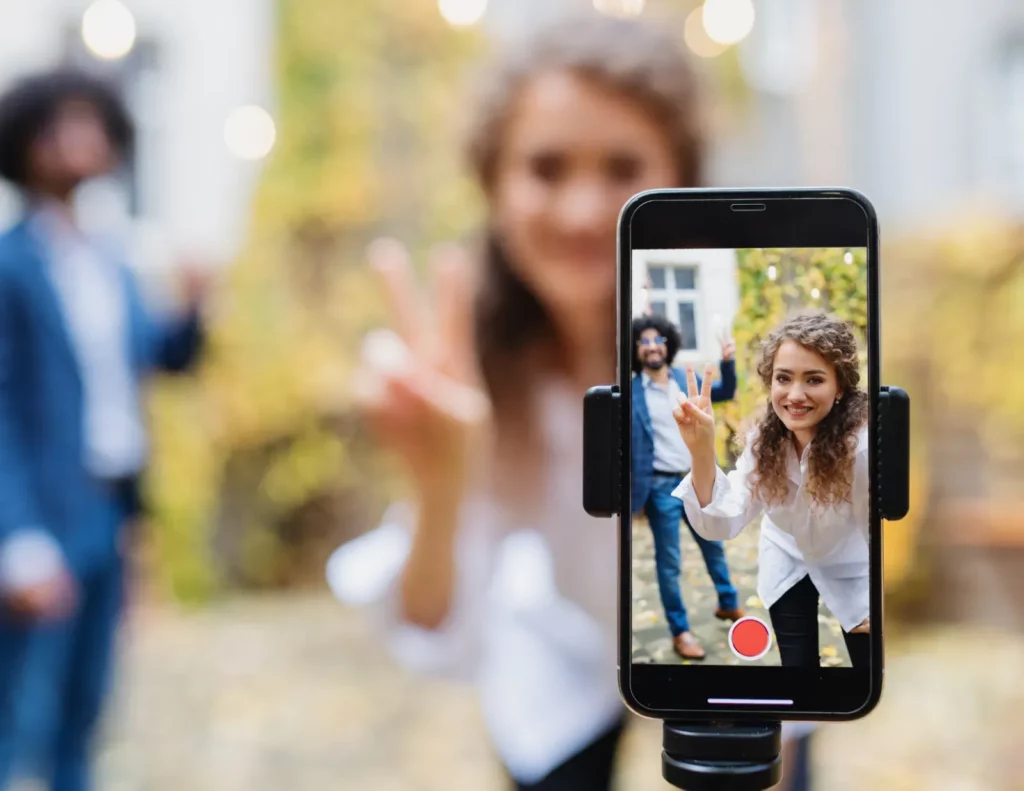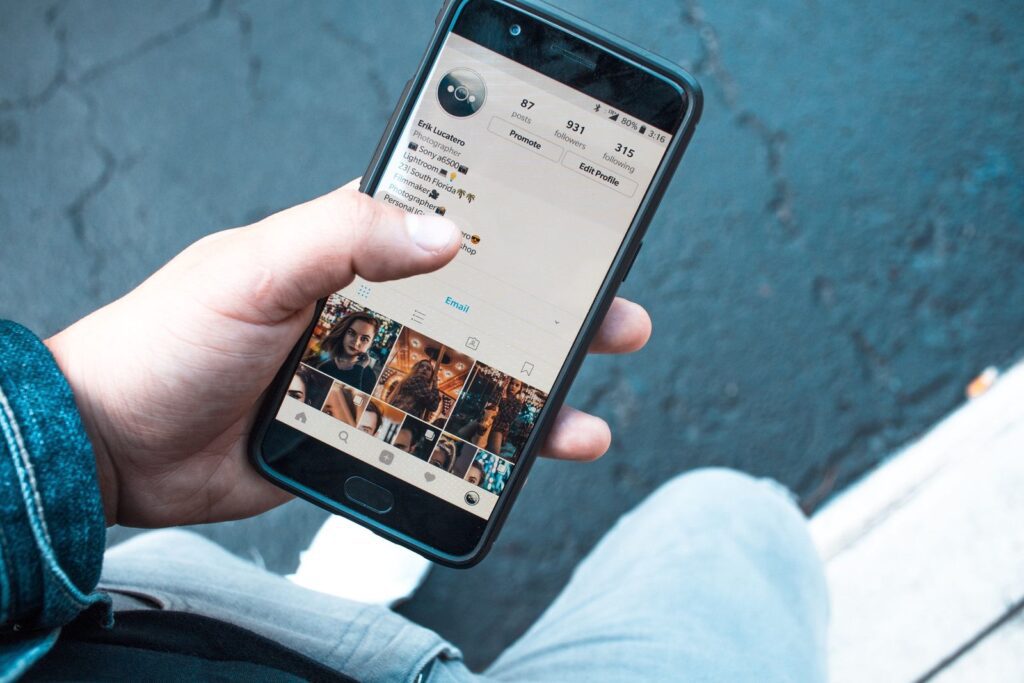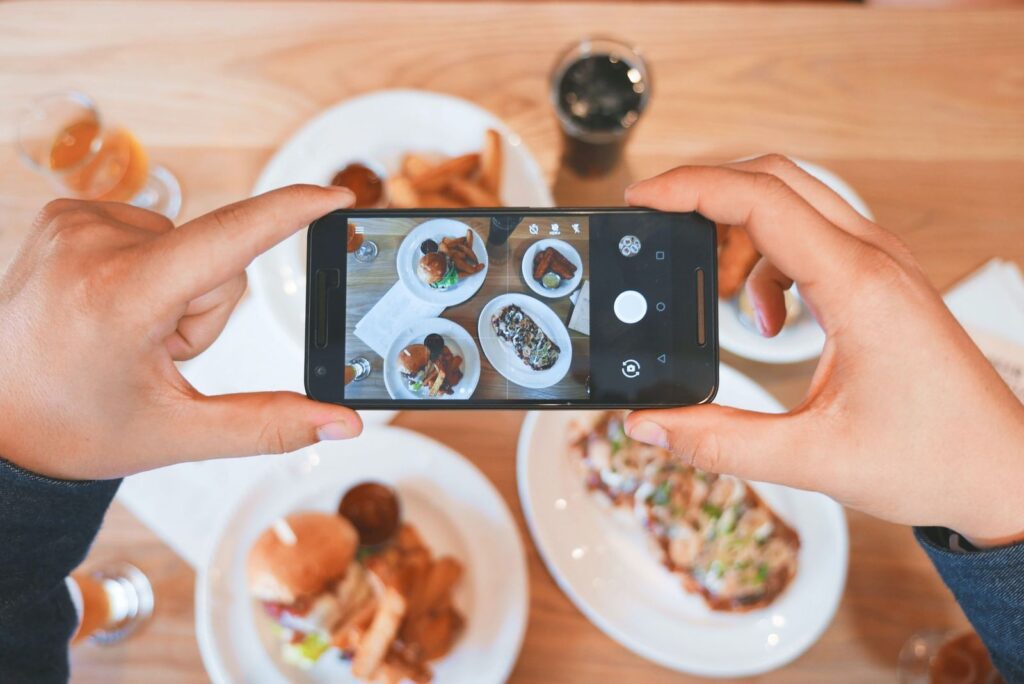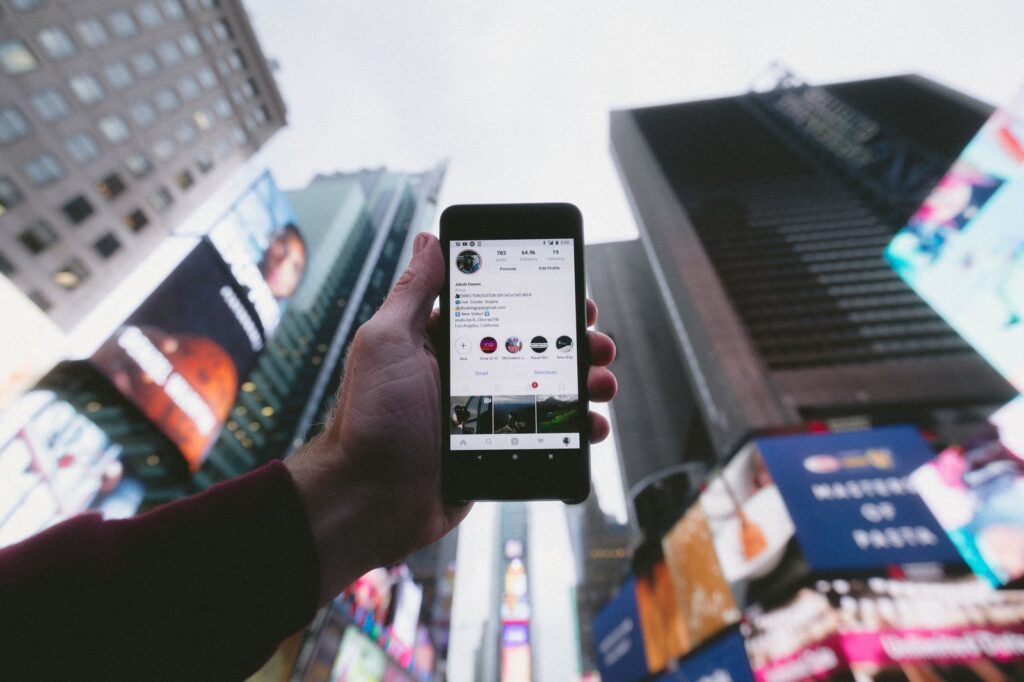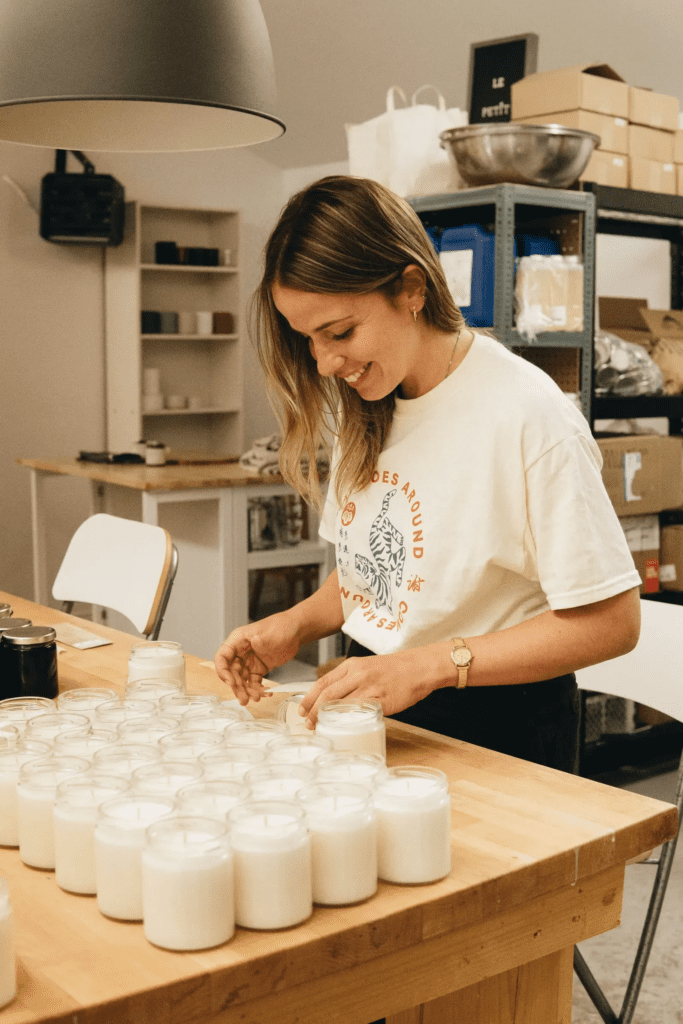The Lion's Den
What Are Influencer Networks?
Instagram Marketing



Even with more content creators than ever, finding an influencer who fits your company’s needs and is willing to work with you can still be daunting. But with the high ROI of influencer marketing, many brands are eager to find the right creators to partner with.
To get started with influencer marketing, many companies turn to influencer marketing agencies, platforms, or networks. An Instagram influencer marketing platform, for example, can simplify campaigns with Instagram creators If you’re wondering what influencer networks are and why they’re important – you’re in the right place.
What Are Influencer Networks?
Influencer networks or “creator networks” are marketplaces that help brands find the best influencers for specific partnership campaigns. Influencer networks can be especially helpful for influencer campaigns with niche audiences. Influencer networks are often hosted on influencer marketing software platforms that work to connect brands with aligned influencers for partnerships.
Most of the time, influencers sign up to be part of an influencer network, are vetted in some way, and must connect their social media platforms to the software to give brands transparency in terms of their following, engagement, and other important metrics. These networks provide a great digital space for brands and relevant influencers to connect, and platforms like these are becoming a very popular way for brands to cut out the middleman, save time, and build stronger influencer relationships.
Let’s talk more about influencer networks, their benefits, and some of the best influencer marketing platforms you can use for success.
What Are The Benefits Of Influencer Networks?
Influencer networks’ benefits are that they save you time, give you control over your influencer campaigns, and strengthen relationships between brands and creators.
While it’s viable to conduct influencer discovery, outreach, and relationship management with a small team and budget, doing everything manually eventually becomes unsustainable. That’s where influencer networks come in to simplify influencer relationship management. Let’s look at the benefits of influencer networks in more detail:
1. Influencer Networks Save You Time
Influencer networks are an excellent way for brands and creators to save time. A company could spend hours looking for creators, from considering which type of influencer they’d like to work with, to conducting outreach, to judging them on things such as following, engagement, and niche. Or, they could sign onto an influencer network, create a profile that lays out what they’re looking for, and quickly find tons of creators in an influencer database who are ready to work with them.
For example, at Lionize, we help our clients develop an ideal Influencer profile, and our proprietary search engine identifies talent from the entire world of social media. We then act as digital matchmakers, presenting our clients with a list of potential influencers that fit their needs and want to work on them.
2. Influencer Networks Give You Control Over Your Campaign
Unfortunately, lots of back-and-forth communication is standard in the influencer marketing industry, especially when working with an agency. Influencer networks, on the other hand, are more transparent. With an automated communication and reminder system, we cut out the need to juggle hundreds of emails or do messy, manual spreadsheet tracking. This streamlines influencer marketing efforts.
Many influencer networks and platforms also showcase real-time creator and campaign analytics for brands to track. Campaign performance data is clear, and brands and influencers can see the same metrics, so there’s clarity for anyone involved.
3. Influencer Networks Strengthen Brand-Creator Relationships
Influencer networks provide a place for brand-creator relationships to form. Because influencers in creator networks are typically vetted before joining, their quality is assured (compared to influencer databases, which can be static and outdated).
The influencers come to you on most networks, and with sophisticated algorithmic tools like ours, you’ll know that the ones who apply will be a great match for the campaign needs.
Finally, by cutting out the middleman (typically an influencer agency), brands and influencers are more free to speak on their terms, leading to stronger relationships. You can communicate in-platform, on neutral ground, and have an easy space to establish new campaigns together.
What Are The Best Influencer Marketing Platforms in 2024?
There are many robust influencer marketing platforms to choose from, and it can be tough to decide which to go with. Here is a list of some of the top influencer marketing platforms:
- Upfluence: a good database of influencers with advanced filtered searching.
- Grin: a platform focused on relationship management, also with a large database.
- Traackr: a platform also focused on relationship management.
- Lionize: a robust influencer marketing platform that provides an all-in-one solution to cover every aspect of setting up and managing influencer marketing campaigns. We specialize in finding micro influencers for any brand, no matter how niche the product or service.
What Are The Best Social Media Platforms For Beginner Influencers?
On the influencer side of things, beginner influencers may wonder which social media platform they should use to build a following. Many established influencers have profiles across several top social media platforms like Instagram, Facebook, and YouTube, but those just starting out may choose to focus on posting content on one platform at first. In that case, which should they choose?
At this point, Instagram is probably the best social media platform for beginner influencers, especially if they want to build a business collaborating with brands. Brands investing in influencer marketing choose Instagram most often. In fact, 69% of marketers choose Instagram over other social media sites, but platforms like Facebook and TikTok are also popular. New influencers should choose a platform where they feel comfortable and can find an audience that resonates with their content.
Once they have developed an audience, new influencers can start looking for influencer marketing platforms to work with.
What are the best influencer platforms for creators?
In general, the best platforms for influencers to connect with brands are also the ones that are best for brands. These are platforms that are built and run by people with relevant experience in the industry. Influencers can look at the previous campaigns these platforms have been involved in to see whether they’re the right fit. When evaluating different influencer platforms, creators should ask themselves:
- What kinds of brands does this platform connect influencers with?
- Does this platform work with influencers with my follower count (nano influencer, micro influencer, etc.)?
- What social media platforms does this platform focus on?
- What features does the platform offer on the influencer side of things?
For creators, the best influencer platforms are ones that can facilitate rewarding brand deals with minimal stress and time investment.
How To Use an Influencer Network in 2024?
To properly use an influencer network, you need to follow a few steps.
- Define Your Goals: Clearly outline your objectives for using an influencer network. Whether it’s increasing brand awareness, driving sales, or reaching a specific demographic, having clear goals will help you identify the right influencers and measure the success of your campaigns.
- Identify Your Target Audience: Understand your target audience and determine which influencers resonate with them. Use the influencer network to find individuals whose followers align with your ideal customer demographics and interests.
- Choose the Right Platform: Influencer networks operate on various social media platforms, such as Instagram, YouTube, TikTok, and blogs. Choose platforms that align with your target audience and campaign goals. Different platforms offer unique opportunities for content creation and engagement.
- Research and Vetting: Thoroughly research potential influencers within the network. Evaluate their content quality, engagement rates, and audience demographics. Look for influencers whose values align with your brand to ensure authenticity in your collaborations.
- Engage in Relationship Building: Approach influencer marketing as a relationship-building exercise. Establish genuine connections with influencers by engaging with their content, providing meaningful feedback, and showing genuine interest in their work. Building a relationship will make collaborations more authentic.
- Negotiate Terms and Agreements: Once you identify suitable influencers, negotiate terms and agreements. Discuss compensation, deliverables, timelines, and any specific requirements for the campaign. Clearly outline expectations to avoid misunderstandings later on.
- Provide Creative Freedom: While you may have specific goals and messaging, allow influencers creative freedom. Influencers know their audience best, and authentic content is more likely to resonate. Provide guidelines, but avoid stifling the influencer’s creativity.
- Track and Measure: Implement tracking mechanisms to monitor the performance of your influencer campaigns. Use tools provided by the influencer network or third-party analytics to measure key metrics such as reach, engagement, and conversion rates. This data will help you assess the success of your campaigns. Lionize is an AI informed tool that can help you easily manage campaigns and track results.
- Build Long-Term Relationships: Consider building long-term relationships with influencers rather than focusing solely on one-off campaigns. Long-term partnerships can foster loyalty, consistency, and a deeper understanding of your brand among the influencer’s audience.
- Comply with Regulations: Be aware of and adhere to influencer marketing regulations and guidelines, such as disclosing sponsored content. Compliance ensures transparency and helps maintain trust with both the influencers and their audiences.
- Evaluate and Iterate: After each campaign, conduct a thorough evaluation of the results. Identify what worked well and areas for improvement. Use these insights to refine your influencer marketing strategy for future campaigns.
These steps can help you utilize an influencer network effectively, but they can be difficult to do manually, especially if you are a busy small business owner. This is where Lionize comes in.
How Lionize Can Help With Your Social Media Influencer Marketing Strategy
At Lionize, we help you define what you’re looking for, then give you a targeted list of social media influencers who will best fit your needs. As an influencer marketing agency, we assist with automated influencer outreach and influencer campaign management, so you don’t have to worry about anything slipping through the cracks. Finally, we allow for comprehensive tracking and reporting, so you can stay on top of the results of your campaigns. To learn more about how we can help your company reap the benefits of influencer marketing, book a Discovery Call today. We’d love to give you a free demo of our influencer search tool.

